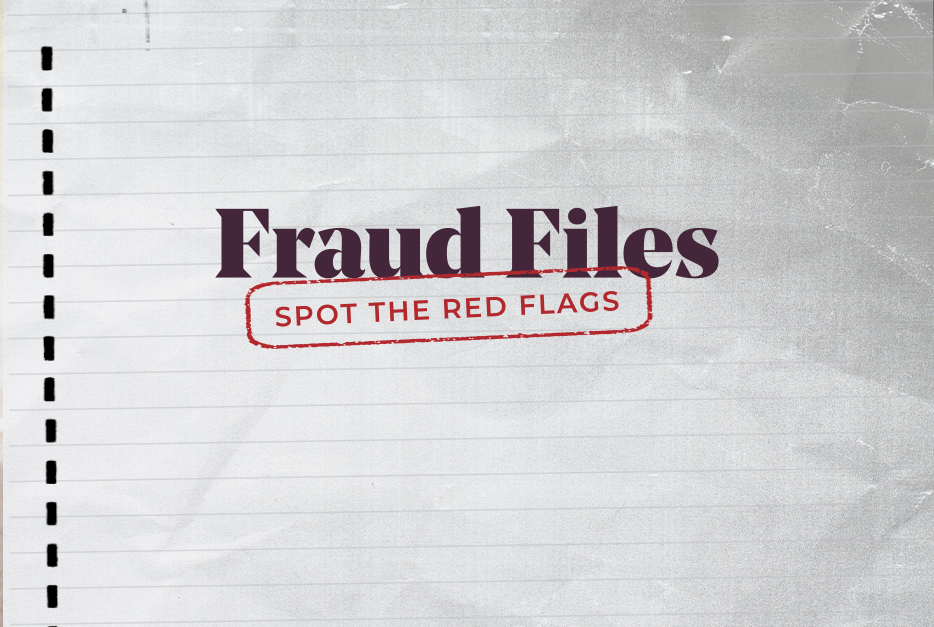Education: Your best defence against fraud
There are many ways you can protect your information as you go about your daily activities. Here are some best practices to keep in mind.
-
Keep all personal documents in a secure place. Never carry your birth certificate, passport, or SIN with you.
-
Don’t tell anyone your PIN or share account information. Be aware of your surroundings and cover your hands when using an ATM or your debit card.
-
Shred your bills and statements.
-
If you don’t recognize the sender, never open emails, pop-up windows, attachments, or select links.
-
Be suspicious of requests to send money from people you don’t know or return money mistakenly sent to you.
-
Don’t sign any agreements or contracts to purchase anything without taking time to think it over. If it is a limited time offer and you’re being pressured for an immediate response, it’s probably a sign that it’s best not to buy.
-
Make sure you ask for proof of identity and check the references of all services providers who do work on your home — especially if unsolicited.
-
Unless you made contact or know the organization, do not provide personal, credit card, banking, or account information to anyone, whether over the phone, online, or at your front door.



